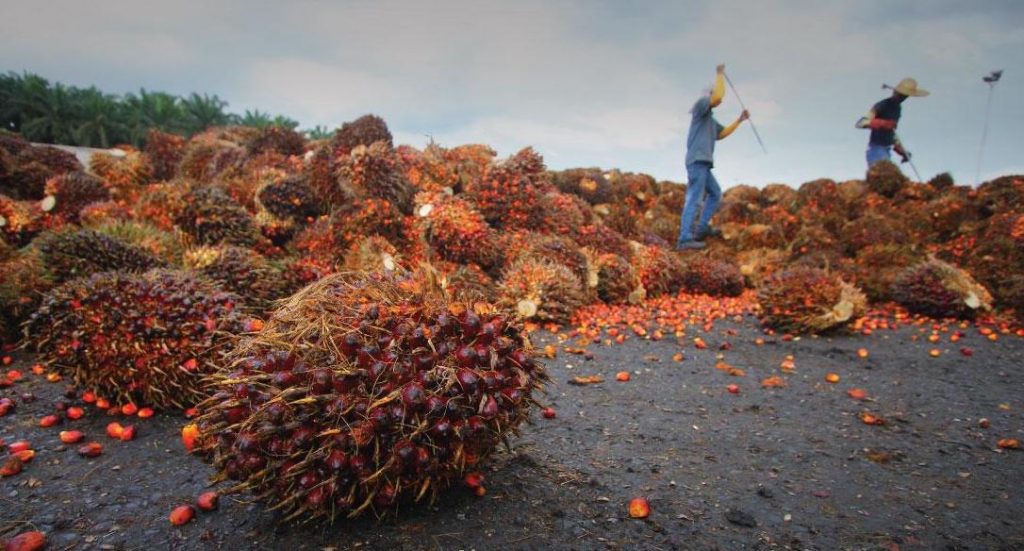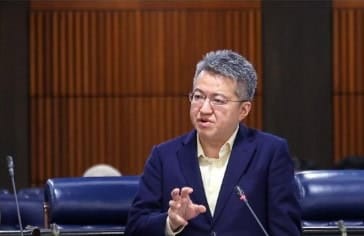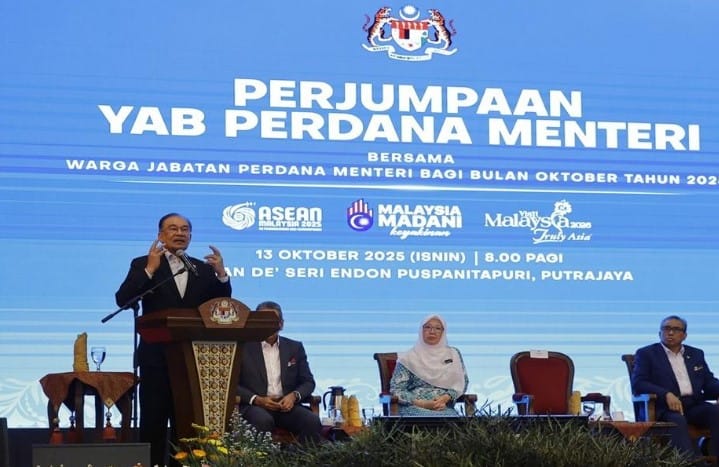
KUALA LUMPUR, Sept 27 — Labour shortage in Malaysia’s plantation sector appears to be a never-ending saga, especially in oil palm cultivation, despite various efforts undertaken by the companies involved and the authorities while keeping in mind the interest of half a million smallholders.
According to industry data, 75 percent of workers in the palm oil sector are foreigners. Currently, there is a shortage of about 37,000 workers in the industry that would impact the production of fresh fruit bunches (FFB) by 25 percent.
As the race to end the deadlock was taking pace, the emergence of COVID-19 brought things back to ground zero. Not only was the industry unable to work out a plan to sort things out, it was also unable to bring in the necessary number of foreign workers as borders were closed.
Adding to the wound is how the locals have shunned the industry over the years as working in plantations is perceived as a 3D job — dirty, difficult and dangerous. Some even called it demeaning.
In fact, plantation companies have even sought the help of prisons and rehabilitation centres to get locals that would be able to work in their oil palm plantations, but they were met with lukewarm response.
No short-cut solution
“There is no short-cut solution to this problem and there is no optimal policy to address the issue,” Singapore-based Palm Oil Analytics’ owner and co-founder Dr Sathia Varqa told Bernama.
He said Malaysia is structurally dependent on foreign labour, especially low-skilled and low-cost workers, and this is not just in the agriculture sector but across various sectors.
But, Sathia said, the problem is acute in the palm oil sector because of the heavy dependence on foreign workers; therefore, it will take a long time to correct.
“It is a structural issue and no amount of incentives would help settle it,” the analyst stressed.
Explaining further, Sathia said Malaysia is stuck in the middle-income trap whereby it has grown rapidly from a low-base economy towards a higher-income economy.
“For a higher-income economy, a country needs to generate jobs with high value-add — the jobs have to be skilled jobs and there should be a massive investment in skill upgrading as well as innovation in productivity.
“For palm oil, this has not happened so much and it could be for many reasons. Although there is technology available, the adoption of the technology is not very wide,” he said.
Sathia said Indonesia has a very large population but with a low number of available jobs.

Hence, the government allows its people to seek opportunities abroad, with Malaysia being one of the destinations given its close proximity. They are mostly either domestic servants or low-skilled workers here.
“They are hardworking and they are also coming from the same industry (plantation) and they are one of the best harvesters in the world. So, unless the Indonesian government decides to do something about it, Malaysia will always be flooded with Indonesian workers,” he said.
In contrast, Indonesia does not face the issue of shortage of workers given its large population and in its two main areas that grow oil palm — Sumatera and Kalimantan – there is no other industry other than timber and plantation.
“So, you are either here or there,” Sathia added.
Companies in dire need of workers
Perak-based United Plantations Bhd chief executive director Datuk Carl Bek-Nielsen said the company is currently facing an acute labour shortage unlike before.
“We have about 15 per cent local workers and 85 per cent foreign workers but since Malaysia temporarily closed its borders (to control the spread of COVID-19), we have been giving first priority to recruit Malaysians, But the interest to join and work in the agricultural sector is sadly not there.
“This is in spite of the fact that employees are offered free housing, free water, free electricity, free medical and the opportunity to earn 50-60 per cent more salary than the minimum wage without having to pay for housing, water, electricity and medical coverage,” he said.
Bek-Nielsen said so far, fewer than 60 Malaysians have joined the company but none of them was willing to undertake harvesting operations.
The company, therefore, is appealing to the government to at least let the sector recruit foreign workers for harvesting, which is critical as crop losses have started to show up in the field.
“We will strictly follow the government’s standard operating procedures on conducting COVID-19 tests (for workers) before departure and upon arrival at the Kuala Lumpur International Airport, and all these workers must go into quarantine for 14 days and then again take a final COVID-19 test after the 14 days.
“Only if they are COVID-19 negative can we consider taking them back to our estates to work. All plantation companies that are considered for this special permission will, of course, pay for all expenses,” he assured.
Meanwhile, Sime Darby Plantation has been looking for potential staff at prisons and drug rehabilitation centres as part of its efforts to hire more locals to overcome its foreign labour shortage woes.
The palm oil-based plantation group is currently experiencing a shortage of 2,500 workers, or 10 per cent of its foreign labour in Malaysia, due to the pandemic.
Is working in an oil palm plantation palatable to Malaysians?
Bernama talked to several people to find out if Malaysians are willing to work in the oil palm cultivation area, especially now that unemployment rate in the country has increased due to closure of businesses that have been affected by the pandemic.
A former press photographer, 38, said he cannot picture himself working in oil palm cultivation despite facing tough times after his previous employer carried out a retrenchment exercise.
“I feel the (plantation) job does not suit me and I have absolutely no experience working in oil palm plantations. Moreover, I have a family and do not want to be far away from them,” he said
Another person who declined to be named complained there is lack of entertainment in the vicinity of the plantations, which are usually located in rural areas.
“Although everything is now mechanised, I can’t imagine myself living in an estate where I would have to travel quite far to town to buy groceries and do some shopping.
“Maybe someone who likes peace and tranquility, away from the traffic jam, would prefer working in the plantation. As for me, right now I prefer to work as a Grab driver or in a factory,” said the 28-year-old who lives in Kuala Lumpur.
Shafinaz Jamaludin, 35, suggested that private or government-owned companies with a large workforce consider undertaking corporate social responsibility (CSR) activities that involve bringing their employees to oil palm plantations twice or three times a month.
“Sadly, many among us lack patriotism, and people would give various excuses and instead prefer to waste time on TikTok and to raise the number of likes on their social media account as they find it to be more interesting.
“This type of CSR activity (organising familiarisation visits to plantations) can inculcate people’s love for the country,” she opined.
Maybe it is not totally true that Malaysians do not want to get their hands dirty working in the plantations.
There may be many, especially those with a strong spirit of nationalism, who would want to play their role in addressing the worker shortage issue.
However, recruiting parolees or patriots can only be a stopgap until the government, its agencies and industry players come up with a proper roadmap and allocate the necessary investment for productivity improvement and holistic technology adoption.
— BERNAMA





More Stories
Nation Recovers RM15.5 Billion Of Its Revenue, War Against Corruption And Cartels To Go On – Anwar
Budget 2026 Reflects Govt’s Commitment To Integrity, Curbing Leakages – Azam
Dewan Negara Passes Five Bills Including Legal Aid And Public Defence 2025